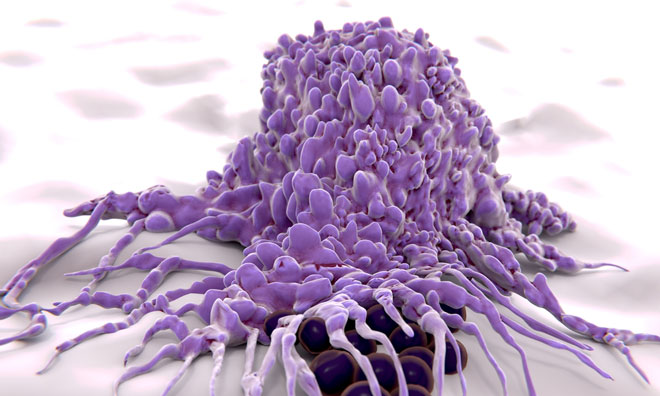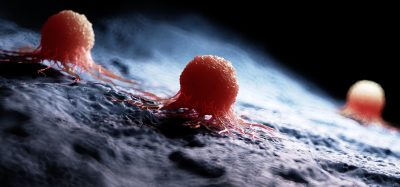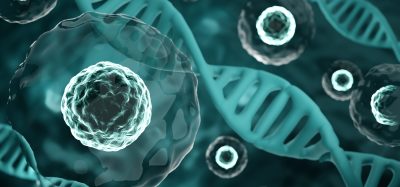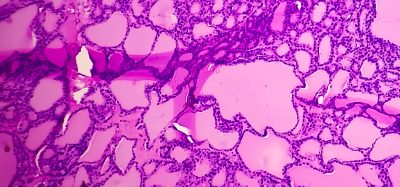Nutrient programmes immune cells to battle infection and cancer
Posted: 10 October 2023 | Drug Target Review | No comments yet
Research suggests immune and non-immune cells can be reprogrammed by changing how nutrients are used.


Published in PLOS Pathogens, a new study led by the University of Ottawa’s Faculty of Medicine lab has discovered a previously unknown role for a crucial nutrient in shaping the cellular landscape for macrophages, the body’s first lines of defence against infection.
The research identifies a role for the nutrient choline under normal conditions and in response to an intestinal worm infection in mice, which could potentially have remarkable implications for other models of human infection, perhaps even cancer immunity.
Dr Morgan Fullerton, one of the study’s senior authors and co-director of uOttawa’s Centre for Infection, Immunity and Inflammation, explained that by blocking a specific part of metabolism the team saw an unexpected defect emerge in macrophages. Macrophages consume microbes and cellular debris in a coordinated immune response, which ultimately repairs damaged tissue.
“When we take away the ability of these cells to use a nutrient called choline, their regular response is blunted. We also found that blocking the use of choline with a drug, made the number and type of immune cells in mice were very different – with and without a parasite infection,” said Dr Fullerton.
Dr Peyman Ghorbani, first author and a Postdoctoral Fellow in Dr Fullerton’s uOttawa lab, said this finding could be related to changes in macrophages’ ability to generate energy through its mitochondria, shape-shifting organelles that power cellular processes.
One goal of Dr Fullerton’s lab is to expand global knowledge about choline metabolism in immune cells. Choline is an essential nutrient found in many food types including eggs, wheat germ and meats. Within the body, it’s converted into a neurotransmitter called acetylcholine and is also metabolised in the liver.
For this study k, mice infected with an intestinal worm were treated with an inhibitor of choline metabolism in vivo. Dr Fullerton noted that there was a “tremendous reprogramming of the immune profile in the mice.”
He continued to say that these findings suggest that immune and non-immune cells’ functions and numbers can be reprogrammed by changing how nutrients are used. This knowledge could potentially impact cancer treatments. “Certain cancer therapies are geared toward turning on the immune system so it can fight cancer cells, like an infection,” Dr Fullerton explained. “It might be that changing levels of choline with certain drugs, could influence these conditions. This would need to be tested in cells and in mice.”
In the future, genetic and tissue-specific models may be used to further demonstrate the importance of choline uptake and subsequent metabolism.
Dr Fullerton’s lab began working on macrophage cells and discovered that blocking choline led to less production of RELM alpha, a specific cytokine. Cytokines are tiny proteins important in cell signalling. The team then contacted Dr Meera Nair, a scientist colleague at University of California, Riverside, who is an expert in mouse parasite models that lead to increases in RELM alpha.
Dr Nair’s lab ran the mouse infection studies, led by co-first author Dr Sang Yong Kim. At the uOttawa Faculty of Medicine, the team benefited from the expertise of the labs of Dr Steffany Bennett for lipidomic profiling, Dr Julie St-Pierre for metabolism, Dr Baptiste Lacoste for transmission electron microscopy, and Dr Alexandre Blais for bioinformatics.
Related topics
Cancer research, Cell Therapy, Cytokines, In Vivo
Related organisations
University of Ottawa








